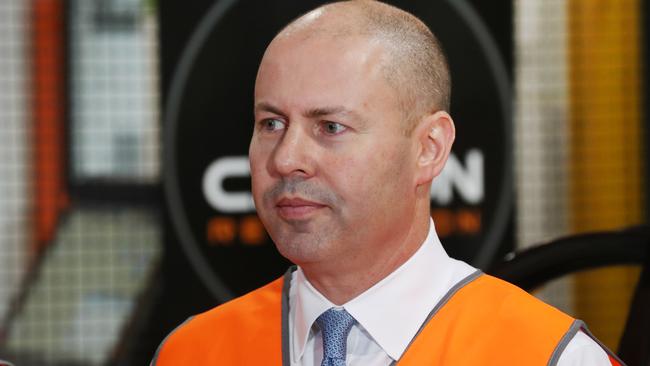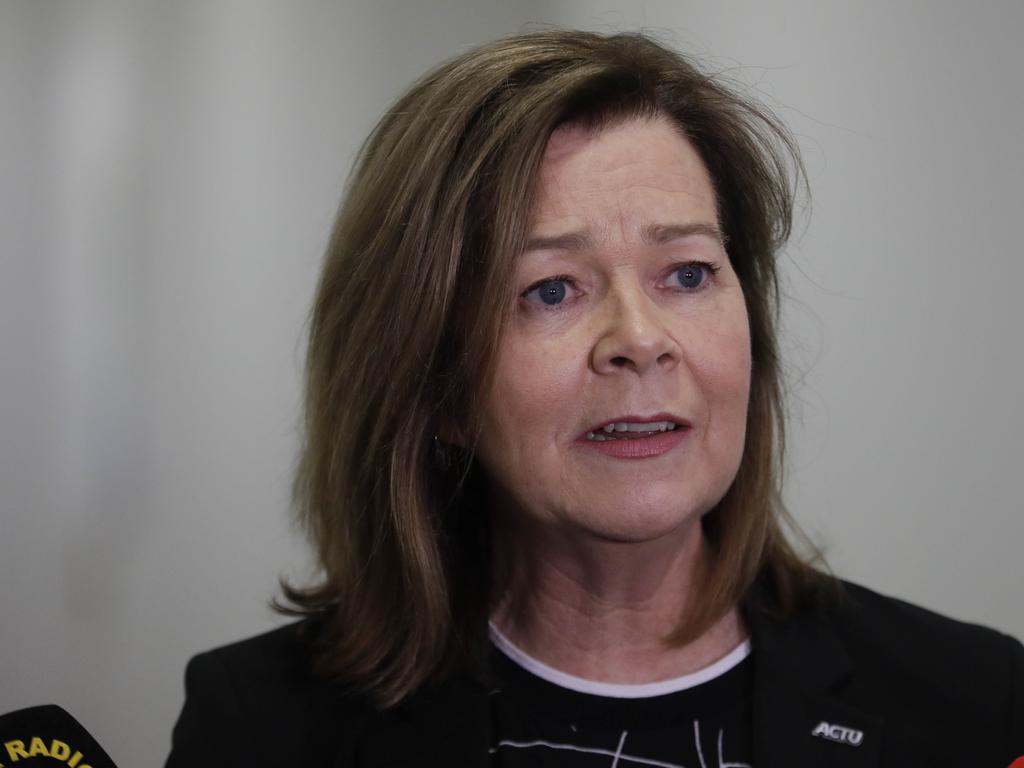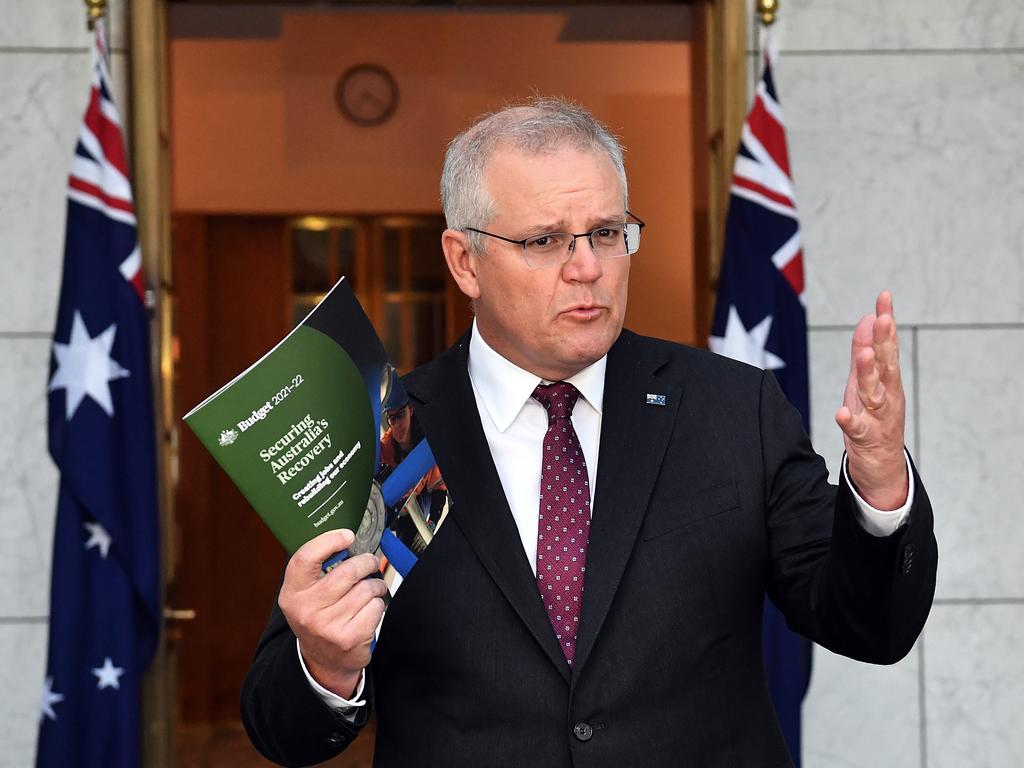Coalition’s mixed messages on wages
Coalition declines to offer explicit support for a rise for the low-paid, but urges Fair Work to consider the improving economy when deciding this year’s increase.

Josh Frydenberg has urged Fair Work president Iain Ross to take into account the “scale of improvement in economic conditions” when determining this year’s minimum wage rise but the government has declined to offer explicit support for a wage rise for the low-paid.
In a post-budget submission to the annual minimum wage review, Mr Frydenberg and Industrial Relations Minister Michaelia Cash highlighted updated economic growth and labour market forecasts they said the commission’s expert panel might wish to consider in deciding on a pay rise for 2.2 million low paid and award reliant workers.
The ministers said the near-term strengthening in real GDP was broad-based and reflected a stronger outlook for household consumption, dwelling investment and new private business. investment.
They said the labour market was forecast to continue strengthening over the next two financial years, with ongoing growth in employment, strong labour force participation and the unemployment rate falling to below 5 per cent by late 2022.
“Given the scale of improvement in economic conditions this update is of particular significance for the panel,” they said.
Asked if the government submission was signalling its support for a minimum wage rise, and whether the government did back an increase, a spokesman for Senator Cash said “any decision relating to the amount of the minimum wage is a matter for the FWC”.
“The Government regularly provides information to the Fair Work Commission concerning economic conditions,” he said. “The FWC is an independent body that decides the level of the minimum wage based on a range of factors.”
ACTU secretary Sally McManus wrote to Scott Morrison on Thursday, urging him to use the government submission to support the union movement’s claim for a 3.5 per cent rise from July.
“I write to urgently seek your support in arresting the wages crisis currently enveloping the nation,” she wrote.
“The projections in the 2021 Budget make it clear that without a real increase in the minimum wage this year, working people will suffer a cut in their spending power and their living standards.”
Ms McManus said the budget forecast a 2.25 per cent cut in real wages this financial year
“and they won’t recover over the next four years, leaving working families with a sustained cut in their spending power and their living standards.
“There are over two million Australians and their families that rely on the Fair Work Commission’s annual wage review to ensure their living standards don’t go backwards,” she said.
“These include many of the essential workers who have been the true heroes of the pandemic. They deserve a pay rise and it is in the national interest that the Fair Work Commission be encouraged to provide that pay rise.”
The Australian Chamber of Commerce and Industry on Friday called for any increase to be capped at $8.29 a week, with any increase for workers in the most covid-stressed industries to be delayed until February next year.
The chamber said the commission should continue to stagger the timing of the pay rises depending on the industry. However, it said if the commission was to realign all industries to a single commencement date, then the increase should be delayed until January 1 2022.
Economist Saul Eslake said there was a strong potential for wages to grow faster than the budget currently predicts.
“The Treasury was wrong when they predicted stronger wages growth than eventuated in previous budgets, and they may be wrong the other way,” he said.
“There is a potential that will see wages rise because we will get to a 4.5 per cent unemployment rate – the Reserve Bank and Treasury‘s benchmark for greater wages growth – faster than currently predicted.
“We have Australians not competing for jobs with migrants, filling jobs and meaning we don‘t need to create as many jobs each month to maintain the jobless rate. And spending in the economy has been boosted by consumers who are not spending $55bn overseas, because they are essentially imprisoned in Australia.”







To join the conversation, please log in. Don't have an account? Register
Join the conversation, you are commenting as Logout